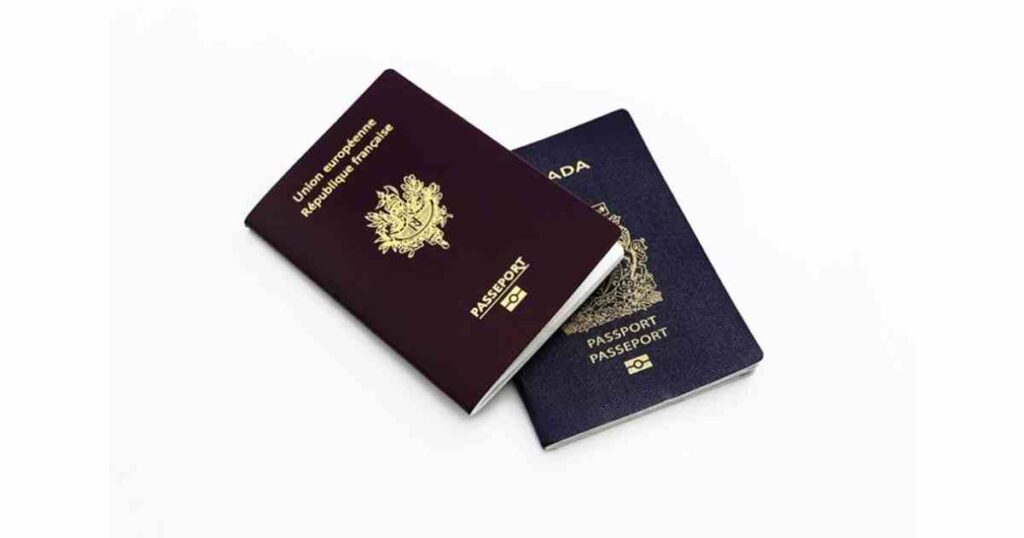
ProACT Sam discusses the constraints placed upon expats by their domicile and the impact on gains and income tax from crypto, investment, pensions, property and work.
Long term expats can use domicile rules to protect their non resident tax status. In the short term residency rules refers to ties and potentially uk expats could still have worldwide tax on capital gains and income depending upon their circumstance.
You could have a family or business or health situation which requires you to spend more time in a particular year in the UK or your home country than in your country of tax residence in which case you could end up with dual capital gains tax or income tax on overseas earnings up to the whole of the UK tax year.
Split year treatment
Split year treatment can help to get around the threat of duel taxation but only be used on leaving or returning to the UK after a significant period of time and certainly more than three full UK tax years. Timing is everything.
Factors such as ties, number of visits, your permanent home base, or source of income mean it is still possible to get assessed on a dual residency basis for worldwide tax even though you may be tax resident living and working abroad elsewhere.
Legal status
Your citizenship is not the same as your country of residency where you’re living. You could be an expat resident of Cyprus Spain Portugal but still a citizen of the UK. Your residency is not the same as your tax residency.
Under EU rules expats can be resident in another EU country under the EU freedoms to live work or invest abroad. However that does not mean that they have to become a tax resident in that country. Within the EU it is possible to live and work in any of the EU states while remaining a tax resident in at a different jurisdiction.
The same is true around the world that you can be resident in one jurisdiction and tax resident in another. This involves complex rules around dates, ties as well as the source of income and gains.
If you’re deemed tax resident in any country – your home country or resident country – you could be liable for tax on income or gains arising in that country, but you could also be liable for worldwide tax.
Dual tax residency can be applied by your home country even if you are tax resident in your expat country of residency.
Domicile
This is where domicile comes in. Under international law everyone is defined as being domicile to their country of origin that being not just where they are born but also could mean the parentage and citizenship of the parents.
Domicile, where you are from is not the same as your tax residency and may mean that your residency or inheritance taxes or worldwide income taxes can be applied even if you’re legally have tax residency in another jurisdiction as an expat.
If an expat lives and works abroad for more than 20 years, and is a tax resident in another jurisdiction for 17 of those, then it’s possible that they could change domicile. A long-term expat living and working abroad would want to do this to protect themselves from worldwide taxes in the home country or from the possibility of a duel tax residency assessment.
In addition it could also allow more flexibility on days travel into the old home country. If you’re not domiciled to the UK for example you can remain non-resident as long as you retain the tax residency of your country of domicile and don’t spend more than 183 days in country.
Above all expats with a UK capital gains and inheritance tax liability can save up to 40% tax. Non domiciled expats only pay UK Inheritance tax on UK based assets. This could be a big saving if the expat family and business has overseas property, business and investments.
For more information and guidance on how long-term expats can use domicile to protect their family and business wealth contact ProACT. Tel: 26 819 424








